The West and the rest of the world are sharply divided in their views on the Russia-Ukraine conflict and the ensuing global order, according to a survey released on Wednesday by the European Council on Foreign Relations.
Friday marks the one-year anniversary of Russia's special military operation in Ukraine.
The survey was conducted in China, India, Turkiye, the United States, Great Britain, Russia and nine European Union nations.
According to the survey, 65 percent of the respondents in Great Britain, 55 percent in the U.S. and 54 percent in the nine EU nations see Russia as their avowed "adversary". Many people in these countries also agree they should help Ukraine win the conflict.
For 80 percent of the respondents in India, 79 percent in China and 69 percent in Turkiye, Russia is either an "ally" or a "necessary partner".
Also, 54 percent in India, 48 percent in Turkiye and 42 percent in China support a quick end to the crisis.
People in these three countries, as well as in Russia, consider the emergence of a "multipolar world order" more probable than a "bipolar arrangement" between China and the U.S.
In contrast to opinions in the West, people in many non-Western countries appear to believe that the post-Cold War era is over.
The paradox of the Russia-Ukraine conflict is that "the West is both more united and less influential in the world than ever before", said Mark Leonard, co-founder of the European Council on Foreign Relations and co-author of a report based on the survey.
Emerging powers, such as India and Turkiye, will act on their own terms and resist being caught in a conflict between the U.S. and China, according to Leonard's report.
It said that one of the most striking findings of the survey is that most people, both within and beyond the West, believe the U.S.-led liberal order is coming to an end.
Only 9 percent of the respondents in the U.S., 7 percent in the EU countries and 4 percent in Great Britain see U.S. global supremacy as the most likely state of affairs a decade from now. Most people in the EU nations and the U.S. expect a bipolar world led by the U.S. and China.
But outside the West, people believe that "fragmentation", not "polarization", will mark the next international order. Respondents in China, India, Turkiye and Russia predict that the West will soon be just one global pole among many. The West may still be the strongest party, but it will not have "hegemonic" control, they believe.
The survey also found that people in China, India and Turkiye are skeptical of the West's claims about defending democracy in Ukraine.
A vast majority of Chinese and Turkish respondents said that the West's support for Ukraine is motivated by reasons other than the defense of Ukraine's territorial integrity or its democracy.
Many in China said the West's support is driven by the desire to protect Western dominance.









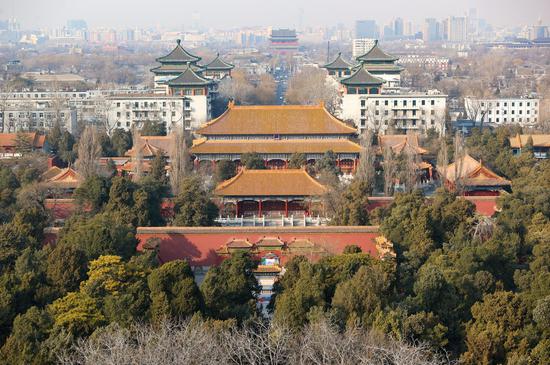



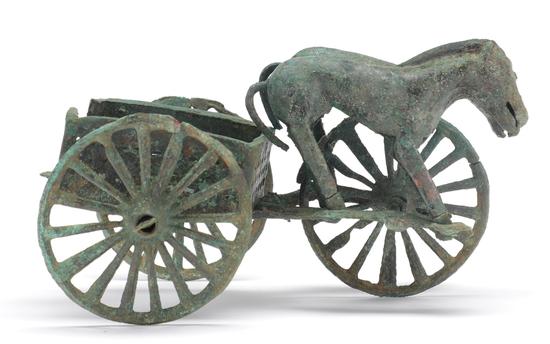



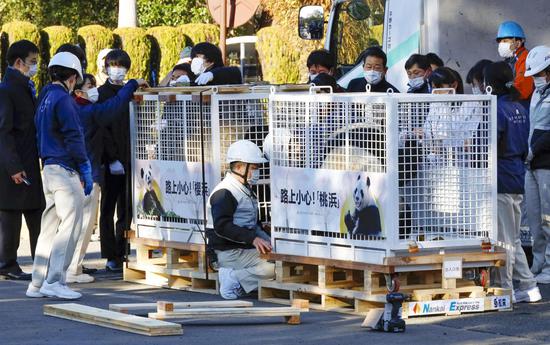
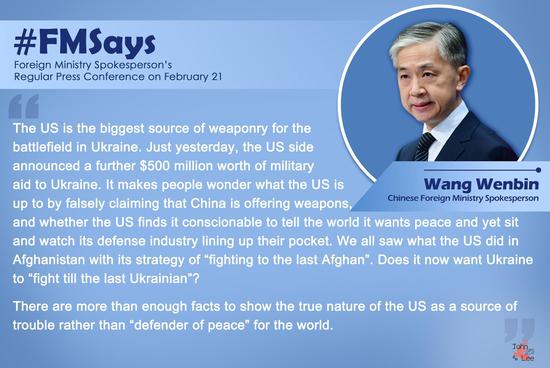
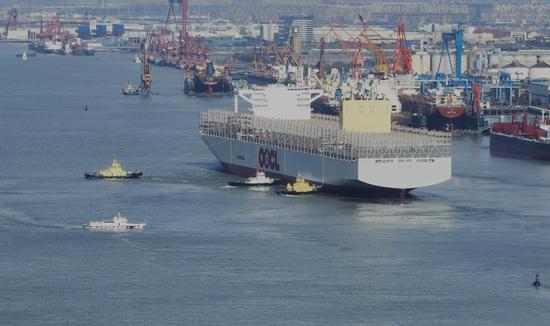

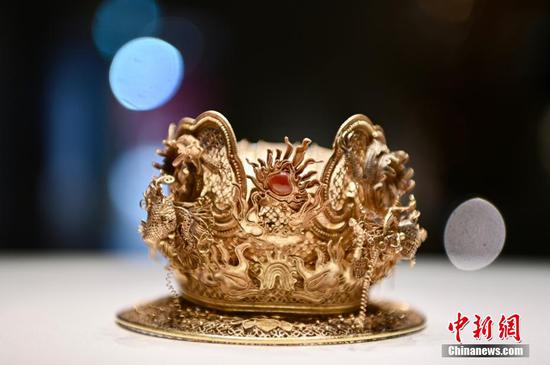
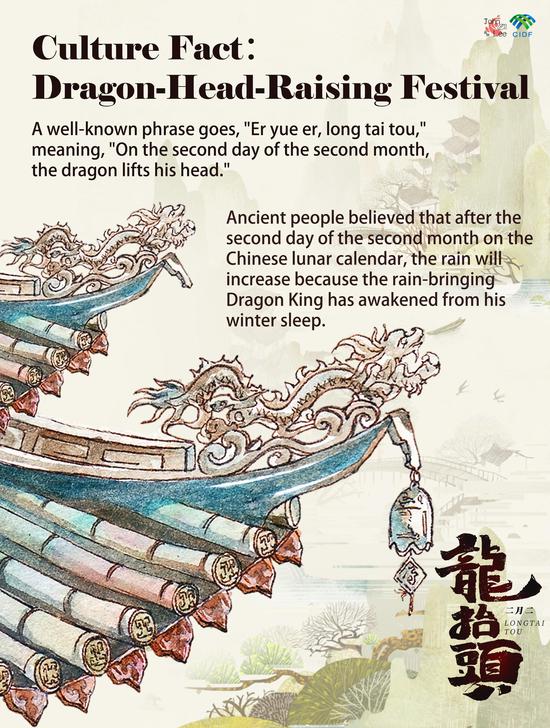
















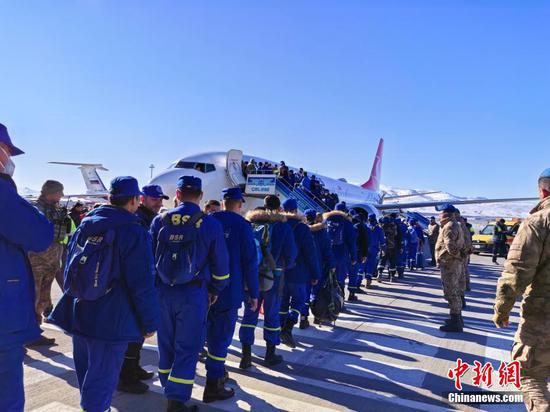

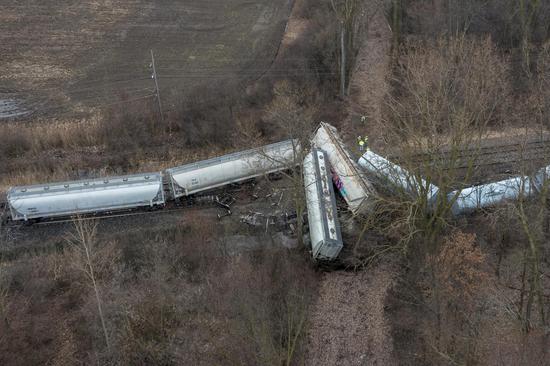








 京公網安備 11010202009201號
京公網安備 11010202009201號